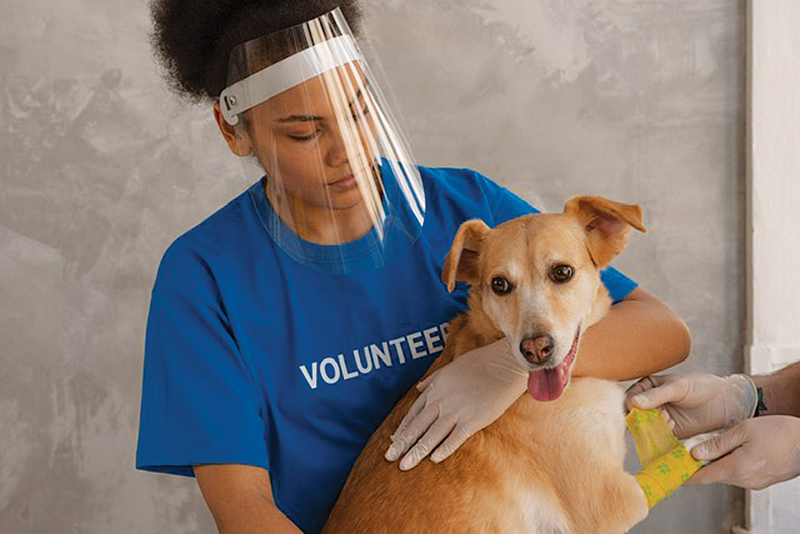Emergency checklist for pet owners, from first aid to evacuation plan

 CONTRA COSTA COUNTY, CA (July 2, 2022) — When disaster strikes, it’s important to be prepared – and that includes having a plan for your pets.
CONTRA COSTA COUNTY, CA (July 2, 2022) — When disaster strikes, it’s important to be prepared – and that includes having a plan for your pets.
Here’s a list of everything you need to prepare for an emergency for any pets you have:
First aid kit: The American Red Cross’s website (www.redcross.org) has extensive information on pet disaster preparedness and recovery. They even have an App you can download with detailed information on pet first aid.
Food and water supply: Have at least a week’s worth of food and water stored with your emergency kit. Check your supply to make sure the food hasn’t expired.
Extra leashes, collars, carriers: For cats, rabbits and birds, keep an extra carrier with your emergency kit, so you know exactly where to find it. Collars should be securely fastened, and ID tags need to have the correct contact information.
Current photos: Having current photos of your pets will assist in identifying them in case they become lost. It increases the chances that you will find them quickly.
Emergency contact information: Prepare a list of people with their contact info who can care for your pets in an emergency. Not all hotels are pet-friendly, so it’s nice to have a backup plan.
Evacuation plan: Map out your escape route ahead of time and make sure all family members know the plan. Keep a list of which hotels along your route accept your pets in an emergency. Call ahead for reservations if you know you may need to evacuate and ask if no-pet policies could be waived in an emergency.
Practice drills: Training your pets to “leash up” or willingly go into their carriers on cue can be immensely helpful and will decrease everyone’s stress level if you must evacuate.
Medical information: The medical history should include their regular vet and contact info, vaccine records, date of their last exam, microchip number, specific medical or behavior problems and medications they take.
Pet poison helpline: At 855-764-766, you will be able to talk to a vet professional and get advice on what to do if your pet ate something poisonous.
By following the tips on this list, you can help ensure that you and your pet are ready for anything.

Stephanie Zablah-Kruger
Animal behaviorist, Stephanie Zablah-Kruger, 37, has 14 years’ experience in the veterinary field and as a trainer. Reach her at cooperativecaretraining@gmail.com, (510) 408-7162.
